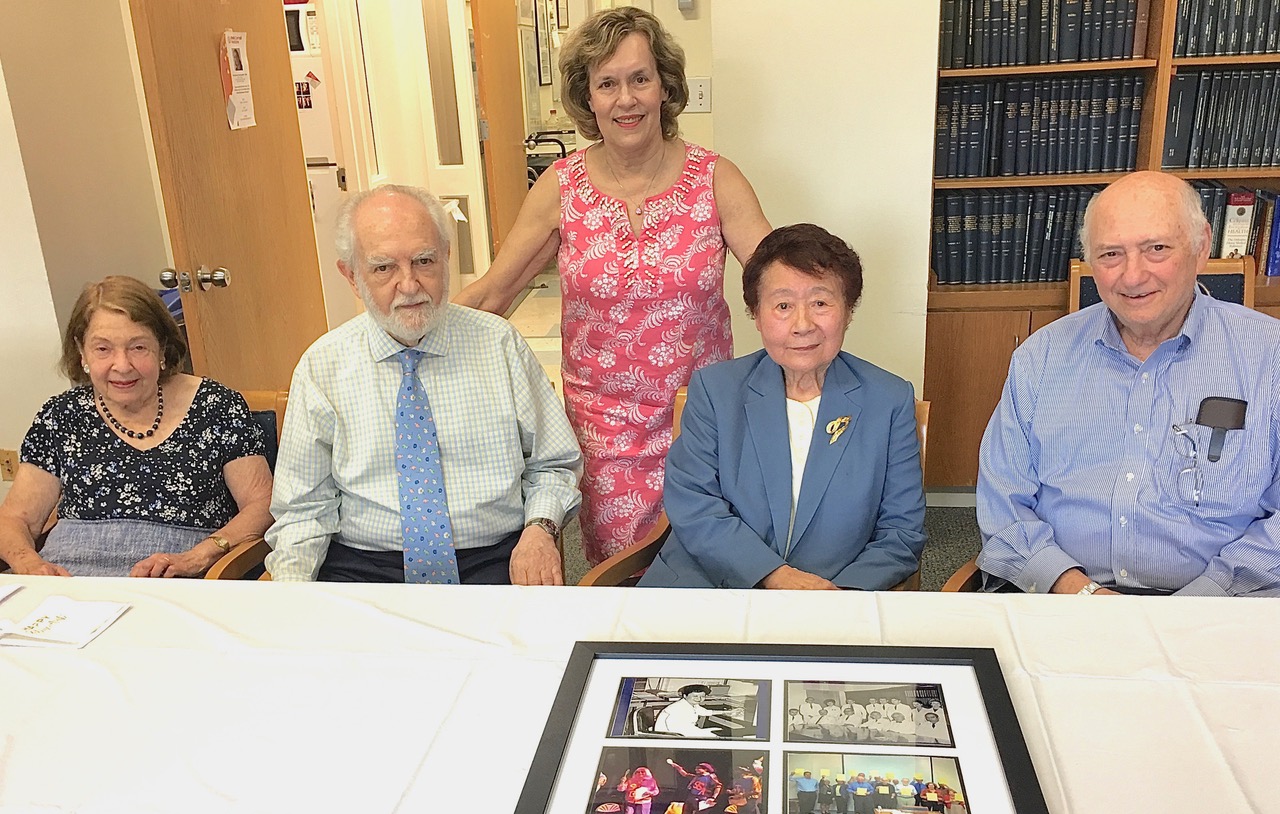Pharmacology is the science of drugs, their properties, reactions and therapeutic values. In the past sixty years, it has changed the practice of medicine dramatically. Prior to the 1940s, a physician stayed up all night with a pneumonia victim, seeing the patient through a crisis, and often, despite all of his or her efforts, losing the battle. Today, the physician administers penicillin or another antibiotic, and the patient generally recovers. People with psychiatric illnesses, once doomed to nonfunctioning, institutionalized lives, can become productive members of society because of recent breakthroughs in drug therapy. Diseases are cured, pain is relieved, and formerly fatal illnesses are arrested due to the discoveries made in pharmacology laboratories. Important questions have been answered by the basic science, but many remain unsolved. Pharmacology was one of the eight medical sciences represented when Cornell University Medical College was established in 1898. Dr. Henry P. Loomis the first head of the department, had a small instructional staff of two to three aides.
In 1908, Dr. Robert A. Hatcher became head of the Department, and introduced research in pharmacology at Cornell, placing a strong emphasis on its application in clinical medicine. Included among Hatcher's research interests were experiments in morphine, strychnine, and local anesthetics. He was best known, however, for his studies of digitalis, which led to dosing schedules for optimal safety in its use.
Dr. McKeen Cattell succeeded Hatcher as chair of the Department in 1936, continuing his tradition of research, by joining Dr. Harry Gold, a member of the Department, in both laboratory and clinical studies of digitalis. Cattell and Gold demonstrated, for the first time, the unique action of digitalis on failing heart muscle.
McKeen Cattell retired in 1956 and was succeeded as head of the Pharmacology Department by Dr. Walter F. Riker. In 1980, Dr. Riker was appointed the first Revlon Pharmaceutical Professor of Pharmacology and Toxicology. He was a renowned teacher, and led major research efforts concerned with drugs that regulate nervous system function. Dr. Riker retired in 1984, and Dr. Walter Chan was the acting Chair of the Pharmacology Department until 1991.
In 1991 Dr. Lorraine J. Gudas moved from a professorship in the Biochemistry and Molecular Pharmacology Department at Harvard Medical School in Boston, MA to Cornell to become Chair of the Pharmacology Department and the first woman to serve as a Chair of a basic science department at Cornell Medical College. The lab of Dr. Gudas studies the molecular actions of vitamin A and retinoids in the prevention of various types of cancers.
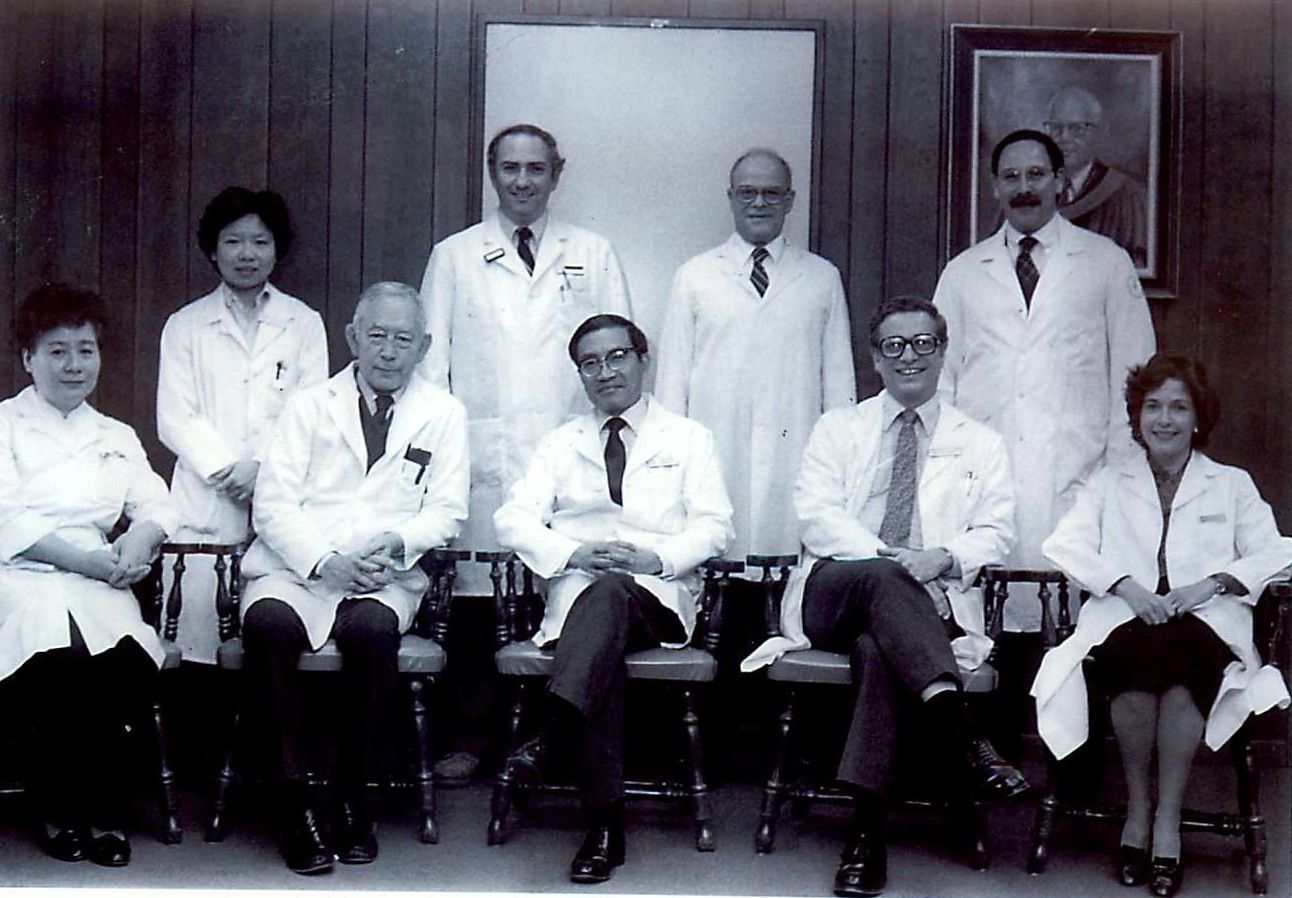
Members of Department of Pharmacology: (Standing Left to Right): Dr. Hazel Szeto, Dr. Charles Inturrisi, Dr. Von Poznak (Anesthesiology), Dr. Gavril Pasternak (Sitting Left to Right): Dr. Michiko Okamoto, Dr. Wally Riker, Dr. Walter Chan, Dr. Marcus Reidenberg, Dr. Arleen Rifkind - 1984

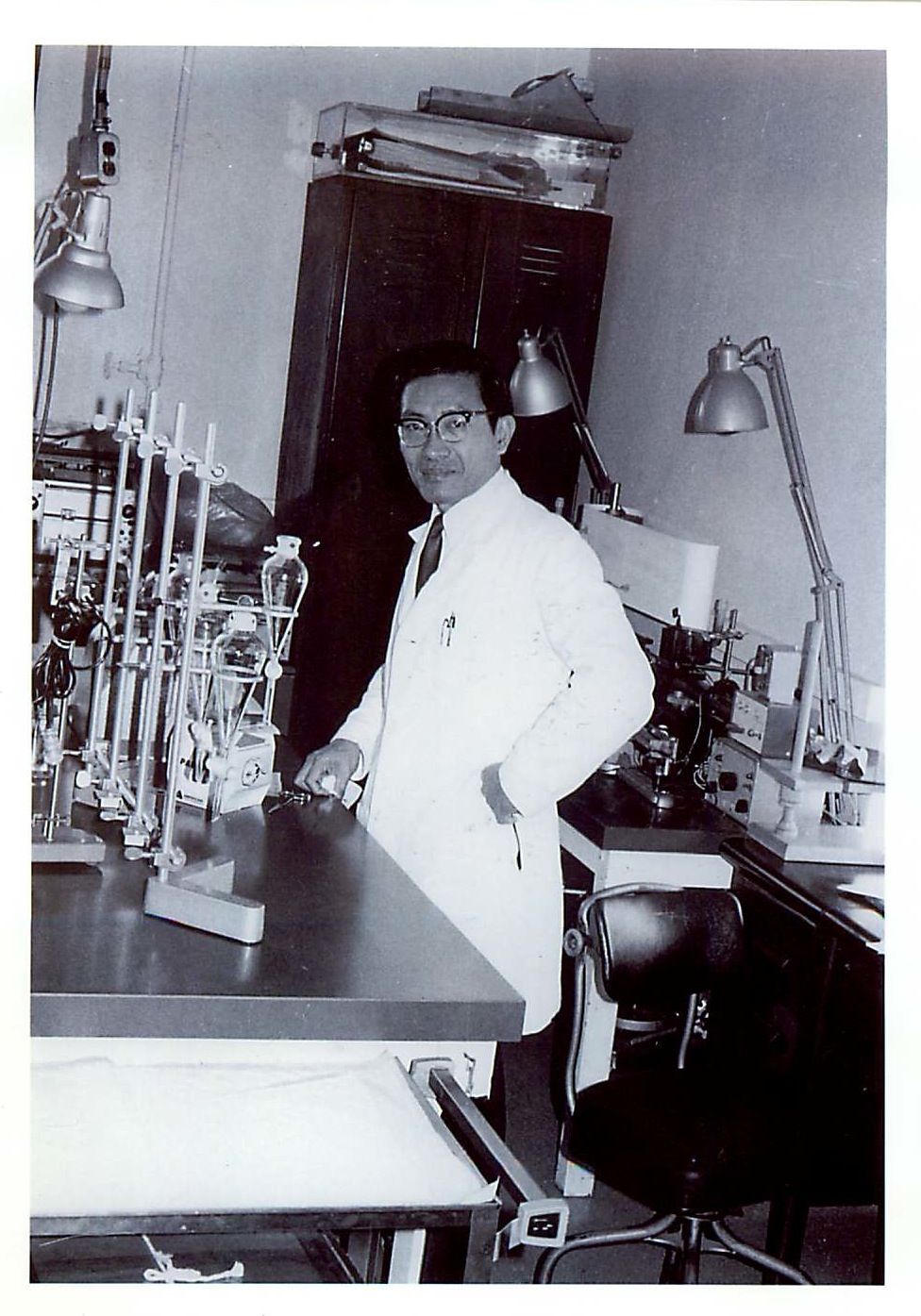
Dr. Walter Chan, "The Scientist" 1976.
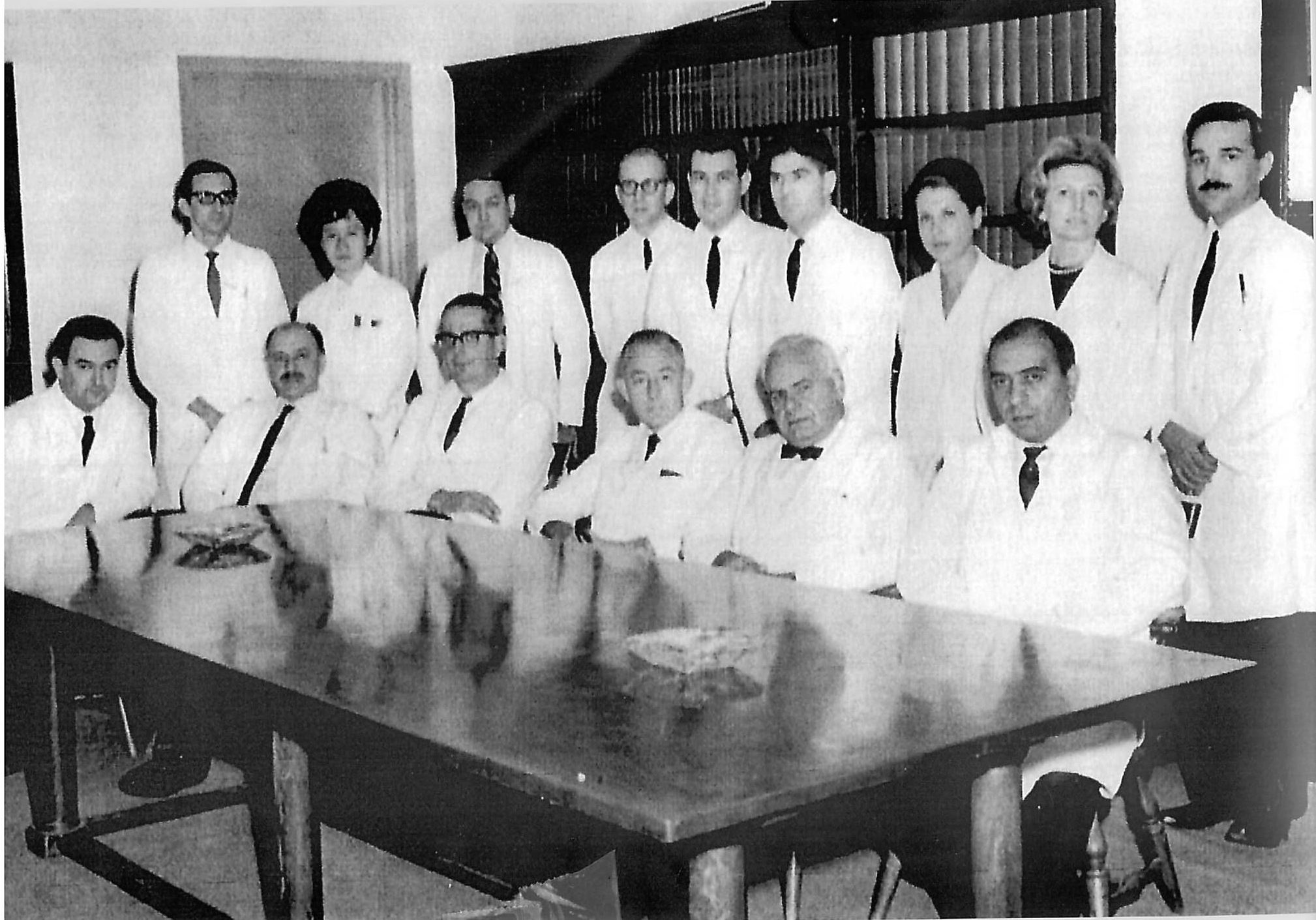
The Pharmacology Department Faculty, Cornell University Medical College, 1967 (Standing: Postdoc from Brazil, Dr. Michiko Okamoto, Dr. Gary Citrin, Dr. Barrie Levitt, Dr. Arthur Raines, Oksui, Dr. Patrizia Levi and 2 Argentinian Professors, Husband & Wife) (Sitting down: Dr. Robert Levi, Dr. Jack Peter Green, Dr. Frank Staudaert, Dr. Wally Riker, Dr. Walter Modell, and Dr. Amir Askari)
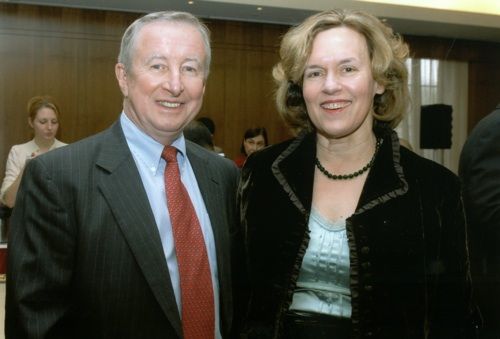
Dr. Lorraine Gudas with Dr. Antonio M. Gotto, Jr., Dean & Provost, Weill Cornell Medical College.
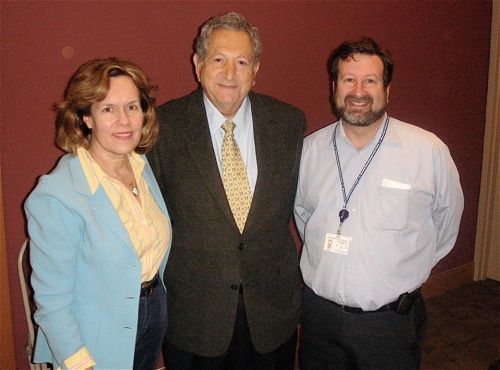
Dr. Lorraine Gudas (left) with Dr. Joseph Bertino (middle; former Co-Chair of the Pharmacology Program) and Dr. David Scheinberg (right; Sloan-Kettering Institute Division of Pharmacology Chair). [Photo from 2008
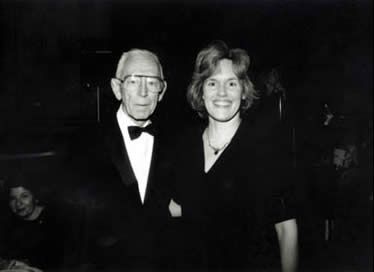
Dr. Walter Riker, former Chair of the Pharmacology Department, with the current Chair Dr. Lorraine Gudas, at a University party in 1995.
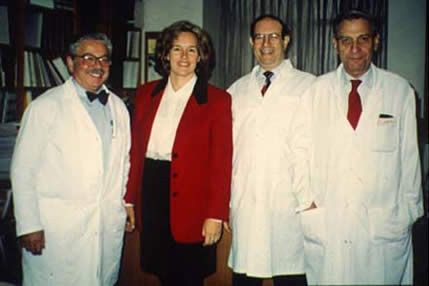
Basic Science Chairs at Cornell 1995. Dr. Don Fischman, Cell Biology; Dr. Lorraine Gudas, Pharmacology; Dr. Ken Berns, Microbiology; Dr. Erich Windhager, Physiology.


